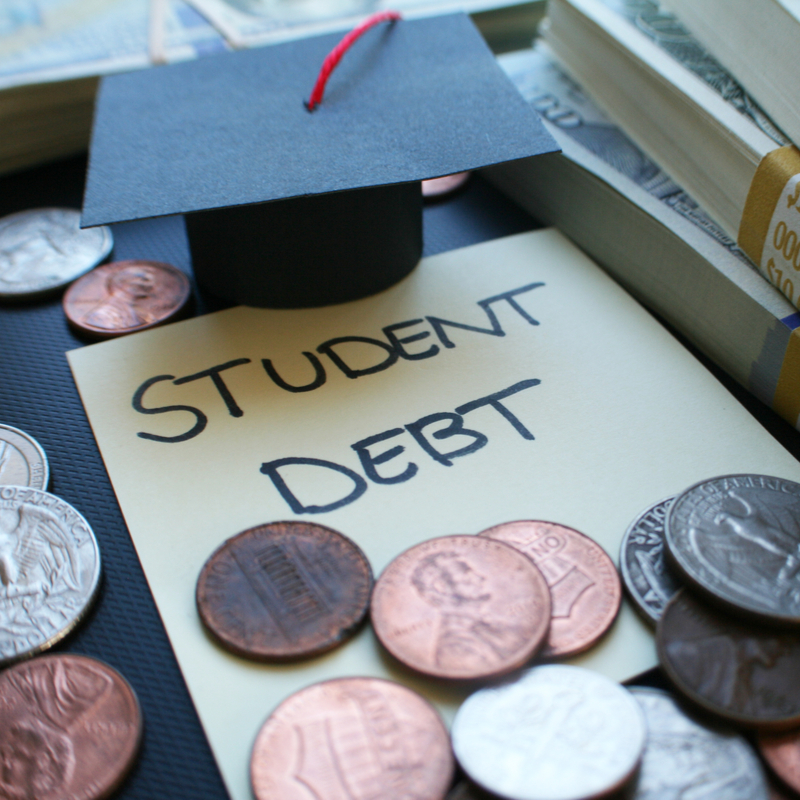It is becoming increasingly common for at least one member of a married couple to carry a heavy student loan debt. The price of a college education has soared in recent years. As more people go back to school to obtain college or graduate degrees, or additional training, they have been forced to apply for federal and private loans to cover the costs. Since these loans come with high interest rates, paying them off can become a real burden over time. One recent study found that more students were defaulting on their loans than ever before.
Many clients worry that they will be stuck having to bear the burden of their soon-to-be ex-spouse’s student loan debt. The following are some questions that clients typically ask a San Diego divorce attorney.
Since California is a community property state where the division of property is split evenly, will I be responsible for paying off half of my ex-spouse’s student loans?
Not necessarily. While it is true that most debts that are incurred during a marriage are subject to equal division between the spouses, a debt incurred for education debt may be an exception. Pursuant to California Family Code section 2641, the spouse who takes out the loans can be the one responsible for paying for them, depending on how long ago the loan was taken out, and other facts.
What if I have already helped pay for part of the loans? Will that money be returned to me?
Spouses often do have a right to reimbursement for “community” funds paid toward one spouse’s education. Any income earned during the marriage, by either spouse, is considered part of the community fund. So if one spouse uses his or her earnings to pay for the other spouse’s education, his or her income would be viewed as community income that was used as a community contribution to education.. In this case, the community may be entitled to reimbursement if the education enhanced the other spouse’s earning capacity. Whether the community is reimbursed, however, depends upon a variety of circumstances, including length of time that has elapsed since the loans were taken out.
Are there circumstances where I would not be repaid for the money I paid for part of my spouse’s student loans?
There are two typical circumstances where the spouse might not be reimbursed. One is if 10 years have passed since the degree was awarded. Then the other spouse might successfully argue that you have already benefited from the increase in wealth that resulted from the advanced degree. If you cannot successfully refute that argument, you will not be reimbursed. Some of the other circumstances would be whether you also obtained an advanced degree, education or training during the marriage that your spouse paid for out of his or her community income. The two degrees, would then, in effect, cancel each other out. You will also not be repaid if you and your spouse have an express written agreement to the contrary.
What if I have benefited from my spouse’s advanced degree, but never helped pay back the loan? Would I be responsible for repaying it after the divorce?
No. The spouse who took out the debt would still be responsible for paying the debt in the event of a divorce. “Benefit to the community” is only weighed when the non-debtor spouse helped pay off part of the debt during the marriage.
Does it make a difference whether my spouse took out his loans during the marriage or before the marriage?
No, the circumstances remain the same. The debt would still be your spouse’s to pay off, whether he or she took out education loans before or during your marriage, although if he or she took out loans before the marriage, and many years elapsed before your divorce, you might have trouble proving that you deserved reimbursement because your spouse would argue that the “community” had already benefited.
If you live in California and are considering a divorce, contact an experienced San Diego divorce attorney and learn the facts about student loan debt, other debts, and division of property laws.
Continue reading

 San Diego Divorce Attorneys Blog
San Diego Divorce Attorneys Blog


